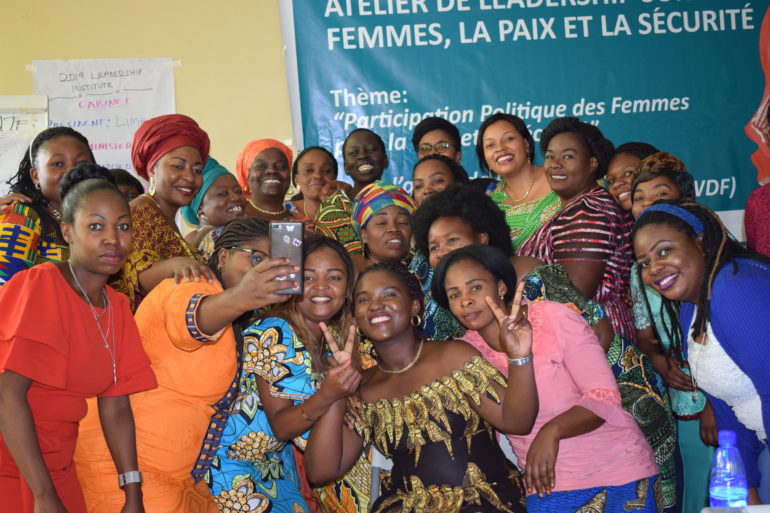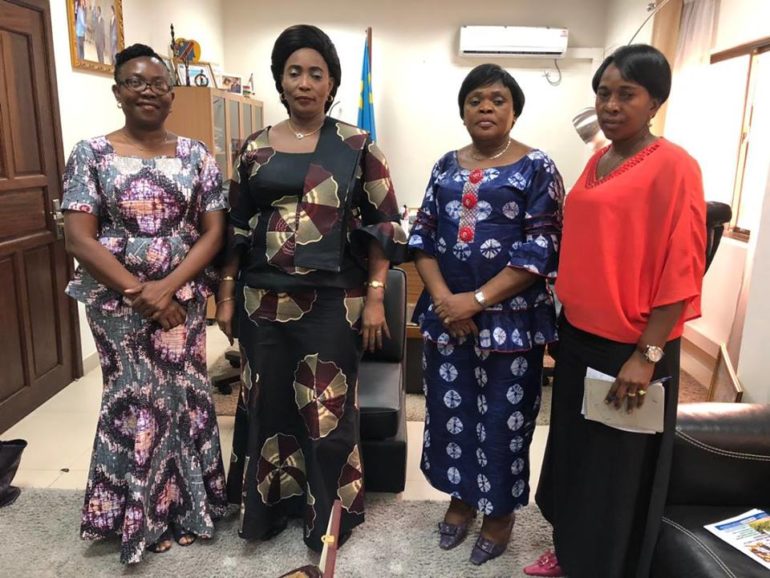Women’s Political Participation for Peace and Security
The Democratic Republic of the Congo has experienced a series of conflicts since gaining independence in the 1960s with an impact on the governance and livelihoods of the citizens and spill-over to the neighbouring countries of the Great Lakes Region. A number of dialogues have been initiated through the Pact on Security, Stability and Development in the Great Lakes Region; the Peace and Security Cooperation Framework for DRC and others. The DRC has launched its second-generation NAP and has been upfront in providing relevant frameworks to promote the women, peace and security agenda. DRC is also emerging from an electoral process held on 30th December 2018 that has brought in new leadership at different levels. Women have played a significant role in all these peacebuilding and governance processes.
In this regard, The Centre has in partnership with Karibu Jeunesse Nouvelle Association des Femmes Des Medias and the Ministry of Gender,Family and Children conducted a five-day leadership institute from 20th to 26th June, bringing together 20 women leaders from political parties and the civil society on the topic “Women’s Political Participation for Peace and Security”. The training aimed to strengthen the capacity of women leaders to engage in and influence post-conflict decision-making and governance as well as to demand accountability from policymakers towards realising the meaningful inclusion of women in governance and decision-making in Democratic Republic of Congo -.
Participants looked at the background and context of Women, peace and security Participants looked at Transformative Leadership, Feminist Leadership, Communication in Leadership, training on UNSCR 1325, and coaching in Women’s Participation in leadership.


